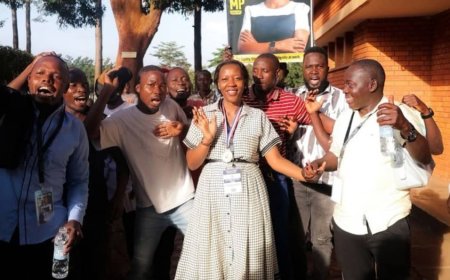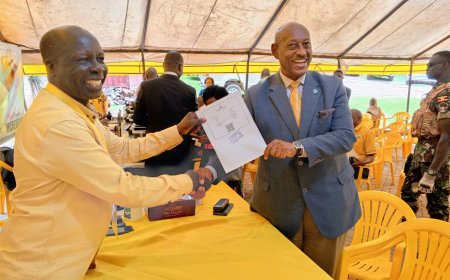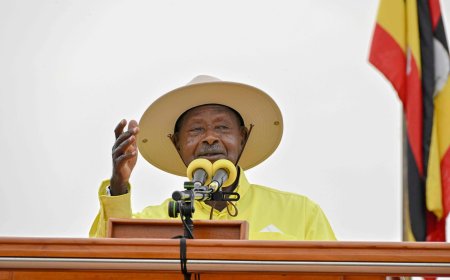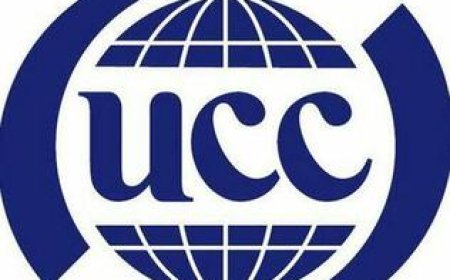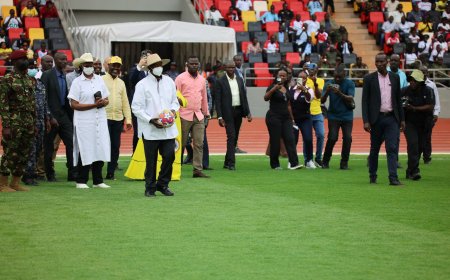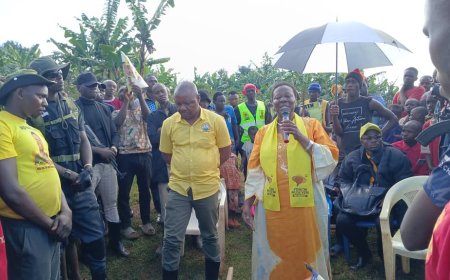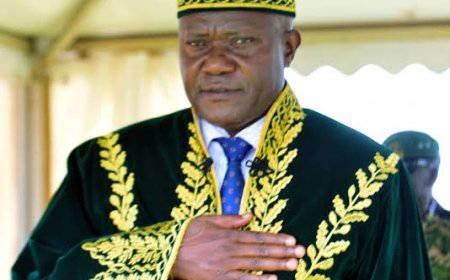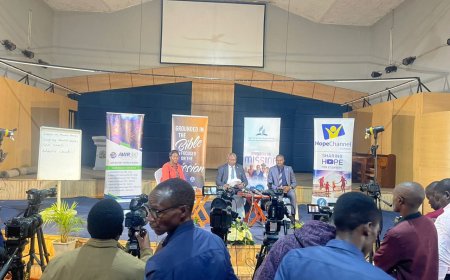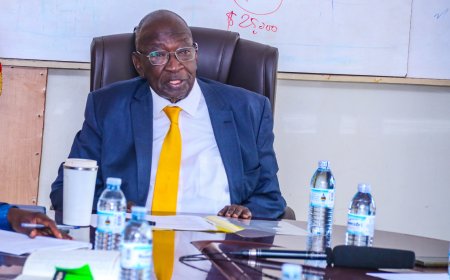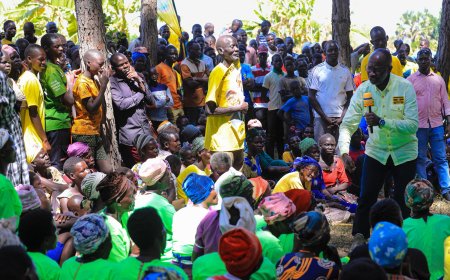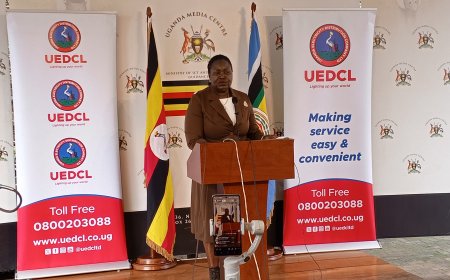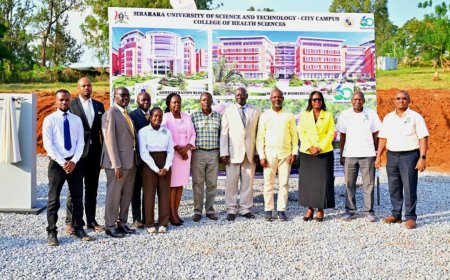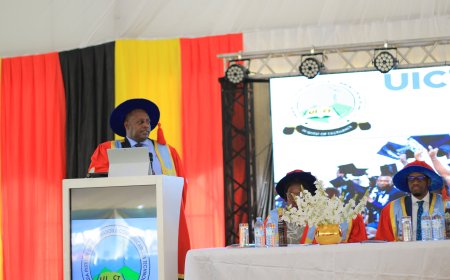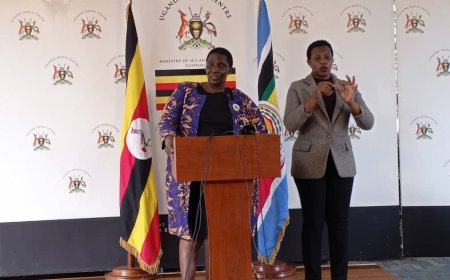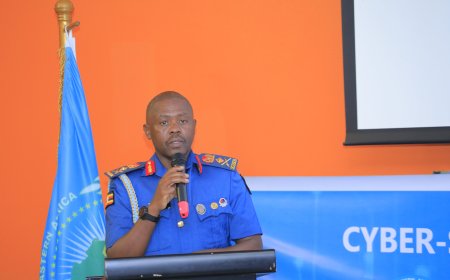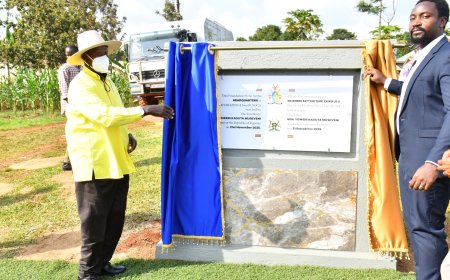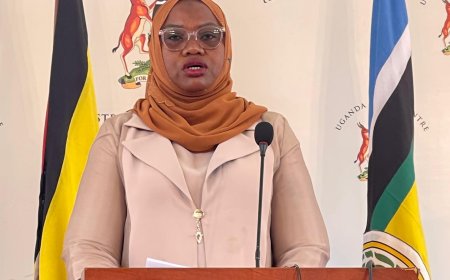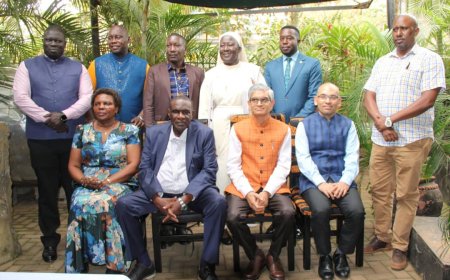Minister Alfred Geresom Musamali Clarifies Legal Status of Bugisu Cultural Leadership Following Elders’ Move to Reconstitute Inzu ya Masaba
Musamali traced the origins of the current tensions to the early 2000s, when districts within the Bugisu sub-region—formerly part of the Greater Mbale District—formed the Bugisu Cultural Board to promote cooperation in cultural and developmental matters. At the time, this collaboration was intended to be grounded in Article 178 of the Constitution, which permits inter-district cooperation, and later tied to the ill-fated Regional Tier arrangement.
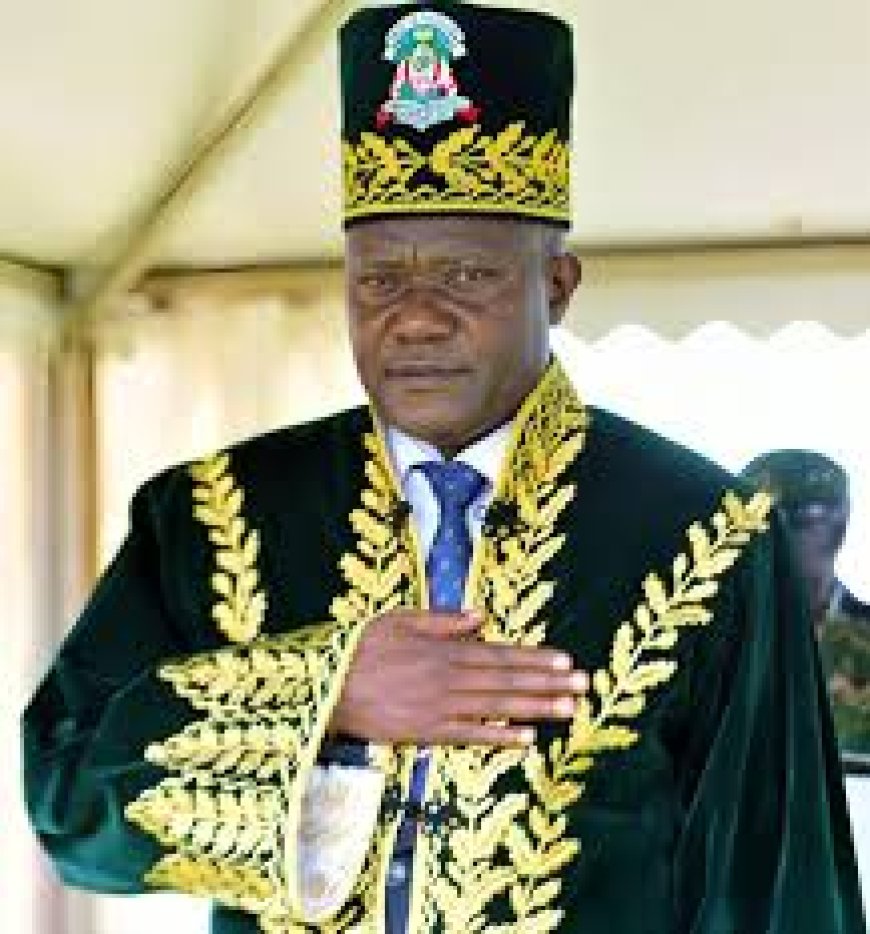
Mbale, Uganda – The Minister of Information, Media, and Communications for the Bugisu Cultural Leadership Institution, Alfred Geresom Musamali, has issued a detailed statement addressing the ongoing debate surrounding the reconstitution of Inzu ya Masaba (IYM) by elders and youth representatives from the 26 clans of Bamasaba.
His remarks follow a high-level consultation meeting held on Saturday, August 9, 2025, at the Cultural and Heritage Centre in Mbale, chaired by Davis Wakane and attended by 26 clan leaders. The meeting aimed to elect a Secretary General and Chairperson to facilitate the reactivation of community structures and restore what participants described as the “lost glory” of the cultural institution.
Historical Context of Bugisu Cultural Leadership Disputes
Musamali traced the origins of the current tensions to the early 2000s, when districts within the Bugisu sub-region—formerly part of the Greater Mbale District—formed the Bugisu Cultural Board to promote cooperation in cultural and developmental matters. At the time, this collaboration was intended to be grounded in Article 178 of the Constitution, which permits inter-district cooperation, and later tied to the ill-fated Regional Tier arrangement.
He explained that before the enactment of the Institution of Traditional or Cultural Leaders Act, Cap 242 in 2011, there was no legal framework governing the establishment of traditional or cultural institutions. This, he said, led many communities, including the Bamasaba, to make “fundamental legal mistakes” when attempting to set up cultural structures.
Inzu ya Masaba, in particular, was originally created as an association rather than a statutory cultural institution. To gain formal recognition, it was registered in October 2011 as a Company Limited by Guarantee. However, courts later pointed out the illegality of such associations referring to themselves as cultural institutions under Ugandan law—a position that the government did not act on for nearly 15 years.
Government Intervention and Legal Clarifications
Musamali revealed that it was not until April 2025 that the government formally addressed these inconsistencies through a Corrigendum, rectifying gazette notices dating as far back as 2014 to align with the law. Under the corrected legal framework, the Umukuuka of Bugisu is now officially recognized as an Institutional Corporation Sole for the Bugisu area, distinct from any registered association such as IYM.
“The Umukuuka wa Bugisu is a separate legal entity from IYM,” he emphasized. “IYM remains an association registered as a Company Limited by Guarantee, and its objects—as clearly stated in its Memorandum and Articles of Association—include controversial aspirations, such as forming a federation with the Babukusu of Kenya to create a so-called Masaabaland within the EAC, which borders on treason.”
The minister further noted that IYM was struck off the register by the Uganda Registration Services Bureau (URSB) for failure to file annual returns, and that its proponents are free to reconstitute it as a private association, provided they comply with the law.
On Symbolism and Identity
Addressing disputes over the use of logos and symbols, Musamali was categorical:
“There is no way two different legal entities can continue sharing the same identification symbols such as the logo.”
He also dismissed as “laughable” the purported disbandment of IYM by HRH Sir Jude Mike Mudoma, noting that Mudoma is not an IYM member and that the association’s affairs are strictly a matter for its membership.
On the Bugisu vs Bagisu Debate
Musamali said debates over whether the region should be called Bugisu or Bagisu fall under the jurisdiction of Parliament, as Uganda’s legal and constitutional history dating back to 1929 clearly recognizes the name Bugisu. “We cannot be drawn into speculative sentimental arguments that have no legal foundation,” he asserted.
Pending Court Matters
The minister also cautioned against discussing some of the ongoing disputes in detail, citing the principle of sub judice, as certain issues are currently before the courts.
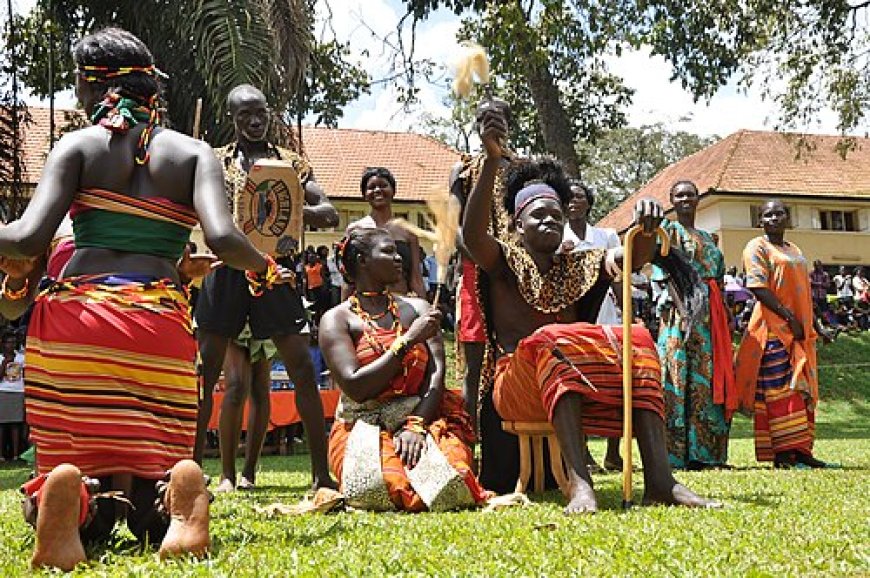
Musamali’s response underscores the government’s position that the recognized cultural leadership of Bugisu operates under the Institution of Traditional or Cultural Leaders Act, separate from any private associations. While elders and youth leaders from the 26 Bamasaba clans move to revive Inzu ya Masaba, they face the task of ensuring their activities comply with Uganda’s legal framework—and that their ambitions steer clear of politically or legally sensitive aspirations.

